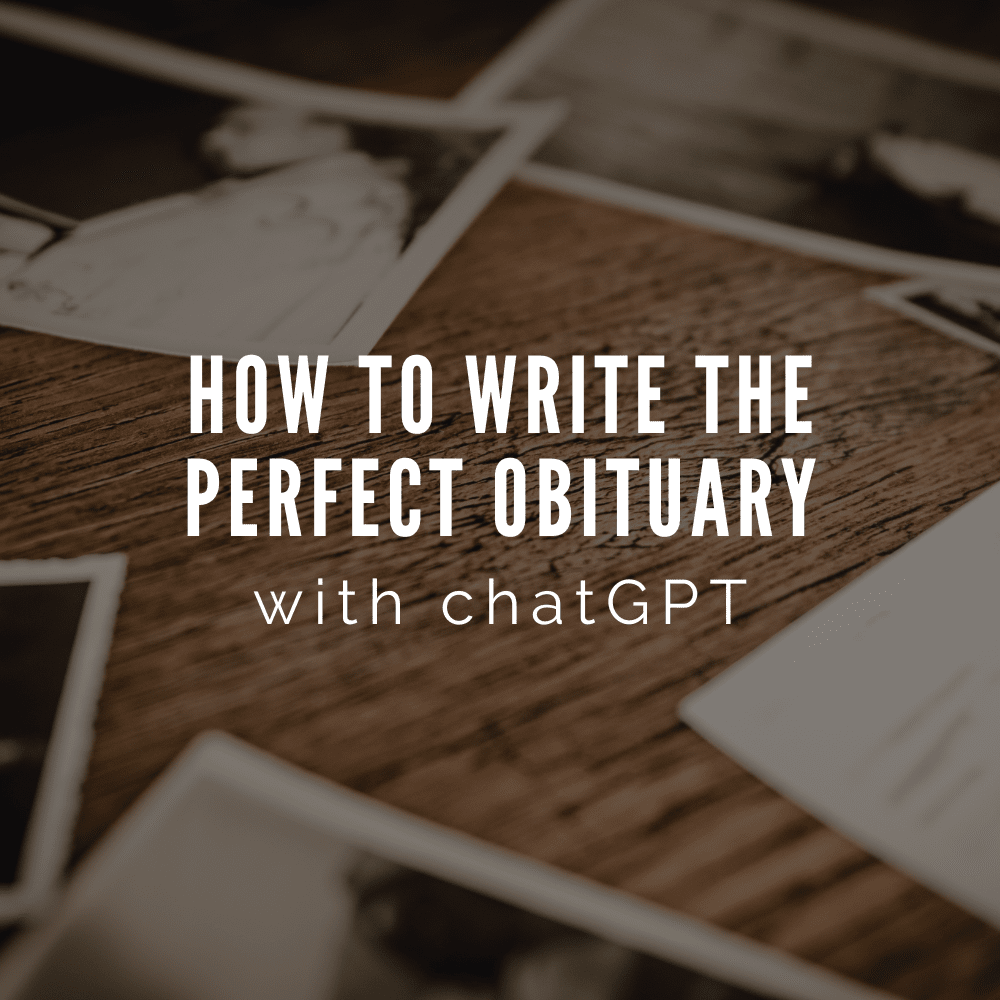What Documents You Should Have Ready for When You Die (So Your Loved Ones Don’t Have to Struggle)
Having a clear set of documents prepared and easily accessible can reduce confusion, prevent legal complications, and allow your loved ones to focus on remembering you — not trying to untangle your affairs.
Here’s a list of essential documents you should have prepared and where to keep them.
1. Will and/or Trust Documents
This is the cornerstone of your estate planning. A will outlines your wishes for how your assets should be distributed and names an executor to handle your estate. A trust can help avoid probate and manage more complex asset transfers.
Include:
- Your most recent will
- Any trust documents
- Contact information for your attorney
Store in a secure location like a fireproof safe or with your attorney, and let your executor know where it is.
2. Advance Directive / Living Will
This document outlines your wishes regarding medical treatment if you are incapacitated and can’t speak for yourself. It may also include a Do Not Resuscitate (DNR) order.
Include:
- Specific instructions on life support, resuscitation, and organ donation
- Healthcare proxy or power of attorney
3. Power of Attorney (POA)
A POA authorizes someone to act on your behalf for financial or legal matters if you’re unable to do so. If it’s durable, it remains in effect even if you become incapacitated.
Note: Once you pass away, POA ceases — but it’s still vital while you’re alive but unable to make decisions.
4. Funeral and Burial Instructions
Don’t make your family guess what you would have wanted. A document detailing your preferences for burial, cremation, memorial services, or even songs and readings can be a gift of peace.
Optional: Prepaid funeral plan or burial plot deed.
5. List of Financial Accounts and Assets
This includes bank accounts, retirement accounts, investments, pensions, and anything else of monetary value.
Include:
- Account numbers
- Institution names
- Contact info for financial advisors or institutions
Never include passwords here — instead, use a password manager or list separately in a secure way.
6. Insurance Policies
Your loved ones may need to file claims for life insurance, health insurance, home, auto, or other policies.
Include:
- Life insurance details
- Health and dental insurance cards
- Any supplemental policies
7. Beneficiary Designations
For retirement accounts, life insurance policies, and some bank accounts, the designated beneficiaries override what’s in your will — so make sure they are current and documented.
8. Login Credentials
Make a plan for digital assets and online accounts. Consider a digital will or a password manager where a trusted person has emergency access.
Include:
- Email accounts
- Social media accounts
- Online banking
- Cloud storage or photo backups
9. Personal Documents
These are needed for everything from closing accounts to processing insurance claims.
Include:
- Birth certificate
- Social Security card
- Marriage and divorce certificates
- Military discharge papers (DD-214)
- Passport and ID
10. Letter to Loved Ones
While not a legal document, a personal letter can offer closure, express love and guidance, or explain certain decisions you’ve made. This can be especially meaningful for spouses, children, or close friends.
Where Should You Store All This?
Keep everything in a fireproof, waterproof safe or a secure digital vault, and make sure at least one trusted person knows how to access it. Avoid storing the only copies in a bank safety deposit box, as access can be delayed after death.
Final Thought
Preparing these documents isn’t morbid — it’s responsible and compassionate. It’s an act of love that can spare your family confusion, stress, and legal hassles during an already painful time. Take a few hours now to organize everything. Your future self — and your family — will be deeply grateful.
